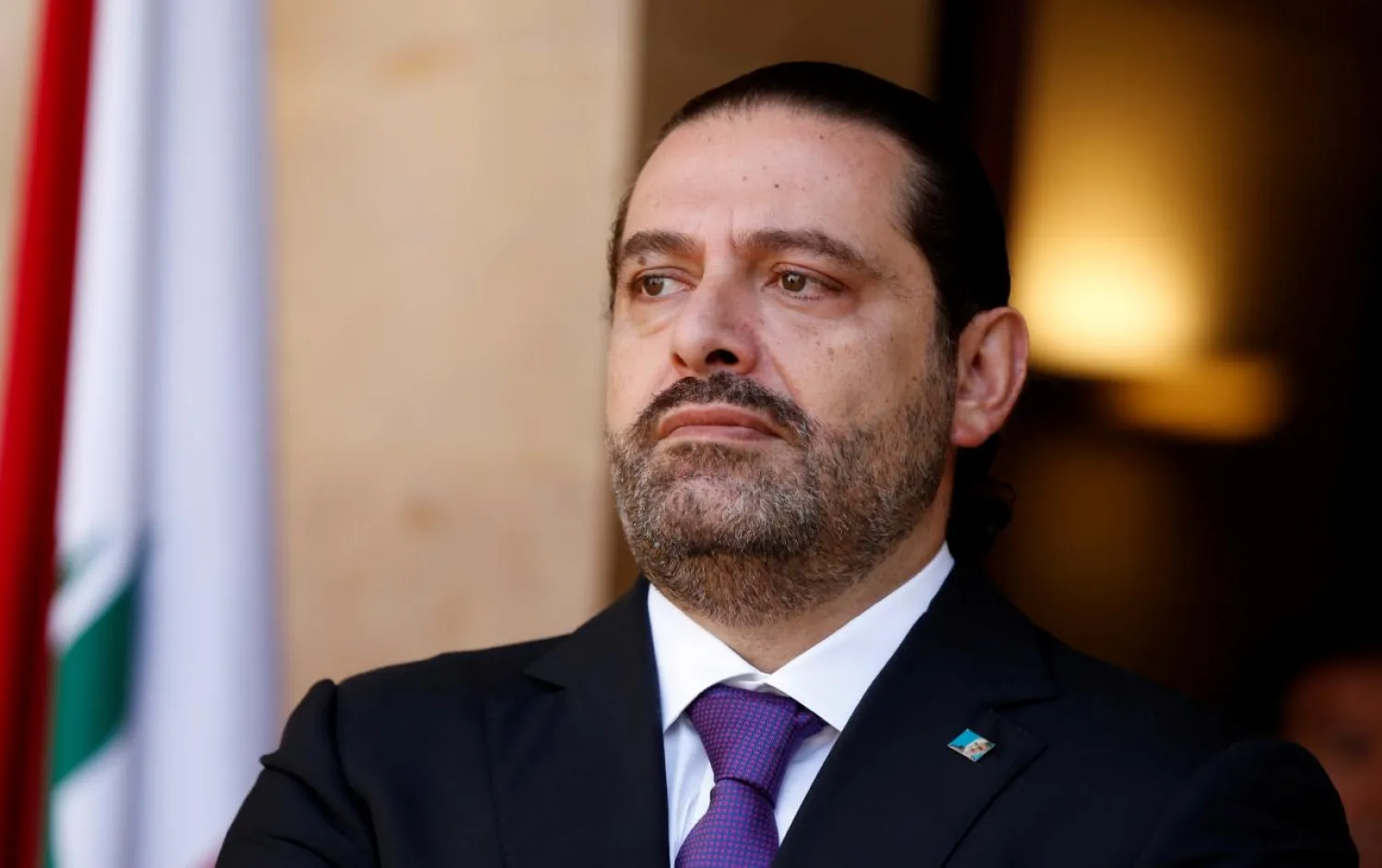Thousands of detainees and convicts in Lebanese prisons, along with their families, have been waiting for a draft general amnesty law that is being discussed in the political scenes, to find out what it is and whom it will include and exclude.
The Families of the Islamist Detainees were feeling optimist after their recent meeting with Prime Minister Saad Hariri, who promised them the soon issuance of the amnesty, which will include everyone.
However it will exclude the crimes referred to the Justice Council, namely the crimes against state security, bombings and political assassinations as well as the elements involved in the kidnapping and slaughter of Lebanese soldiers in Arsal.
Stories differ regarding the adopted mechanism in the draft law as well as warnings and fears of the emergence of obstacles that could overthrow this law.
Lawyer of a large number of Islamist detainees Mohammed Sablouh told Asharq Al-Awsat that Hariri has promised the families to issue the amnesty law before the end of January and informed them that President Michel Aoun has promised him to approve the law, which would include most of the Islamist detainees.
It seems that the interest of most political forces intersects with this amnesty law, the second to be issued after the one issued in 1991, following the civil war, which excluded the crimes referred to the Justice Council and affected political leaders, clerics and ambassadors.
"Participants in the Bristol Hotel Seminar last week received a message from President Aoun, stating that there is no longer a veto on Islamist detainees, and that he does not mind justice and amnesty," said Sablouh.
He also pointed out that “MP Bahia Hariri met Friday with the families of the detainees and those sentenced following Abra events, and she informed them that the draft law is ready and is under discussion in the relevant departments.”









